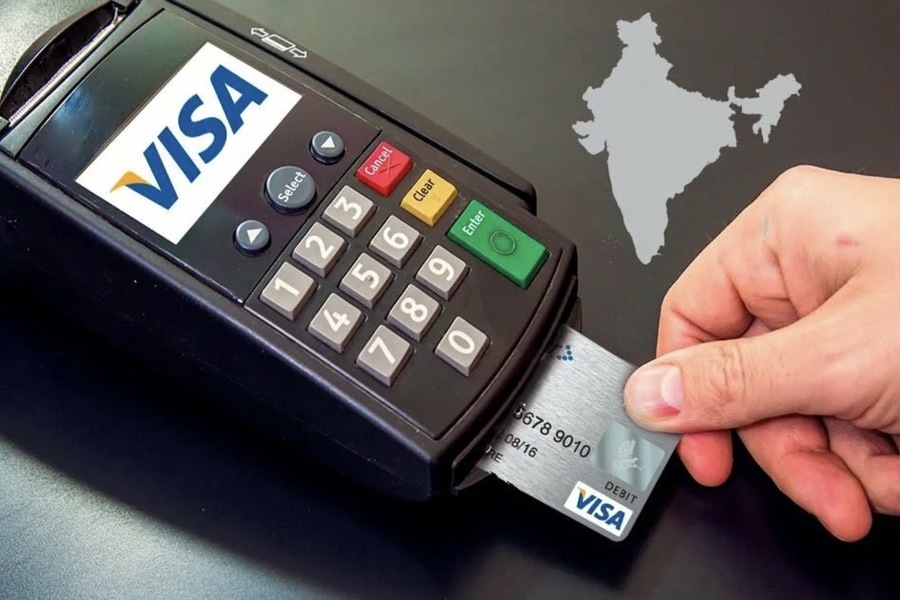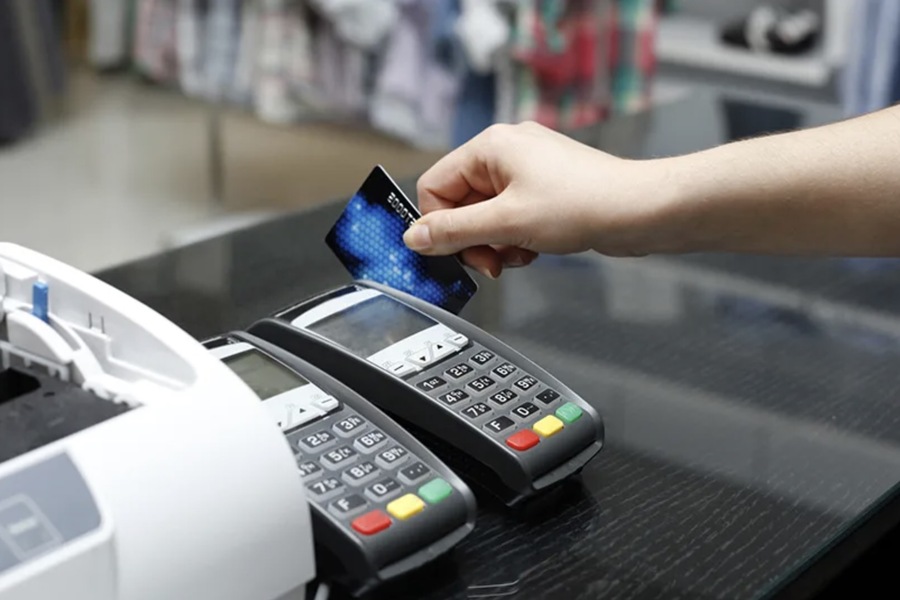The growing adoption of real-time payments (RTP) is reshaping the financial landscape, offering individuals and businesses the ability to transfer funds instantly. These transactions are processed and cleared within seconds, enabling rapid financial movement between accounts. While real-time payment systems have accelerated globally, they are increasingly affecting the way consumers interact with debit cards. This article explores how real-time payments influence debit card transactions, the implications for banks, merchants, and consumers, and the relevance of this trend in Dubai and the UAE region.
Understanding Real-Time Payments and Their Rise
Real-time payment systems are designed to settle transactions almost instantly, typically within seconds, on a 24/7 basis. These systems operate without the delays associated with traditional banking hours or batch processing, providing seamless money transfers between accounts.
Several countries have already implemented real-time payment systems, such as the UK’s Faster Payments Service, India’s Unified Payments Interface (UPI), and Europe’s SEPA Instant Credit Transfer. The UAE is also advancing in this space through the implementation of the UAE Funds Transfer System (UAEFTS), enabling faster interbank transfers that complement its cashless economy goals.
Declining Debit Card Usage for Routine Transactions
The increasing availability of RTP systems has led to a shift in consumer behavior, particularly for small and routine transactions. With the ability to transfer funds instantly through mobile apps and QR codes, many individuals are bypassing debit cards for everyday purchases. Instead, real-time payment methods offer greater convenience, allowing consumers to make payments directly from their bank accounts without relying on plastic cards or physical terminals.
This trend has been observed in various regions, including the UAE, where real-time payments are gaining traction as an alternative to card-based transactions in retail settings. As mobile wallets become more integrated into payment ecosystems, consumers may use them more frequently than debit cards for daily needs.

Impact on Merchant Payment Systems
Merchants benefit from real-time payments by receiving funds instantly, improving cash flow and operational efficiency. This eliminates the waiting period often associated with debit card transactions, which require clearing and settlement processes. Additionally, real-time payments lower transaction fees since they bypass traditional card networks, enabling businesses to reduce costs.
For merchants operating in the UAE, particularly small and medium enterprises (SMEs), these benefits align with the government’s focus on promoting entrepreneurship and business sustainability. Many businesses are now encouraging customers to use real-time payment platforms, such as UAEFTS-enabled solutions, to enhance transaction speed and reduce costs.
Banks and Payment Networks: Adapting to the Shift
The shift toward real-time payments presents both challenges and opportunities for banks and card networks. Traditional debit card transactions generate interchange fees, a significant revenue stream for financial institutions. However, as RTP systems gain popularity, banks need to reconfigure their business models to sustain profitability.
In response, many banks are investing in developing their own real-time payment solutions and collaborating with fintech companies to stay competitive. In regions like Dubai, where financial technology adoption is rapidly increasing, banks are actively promoting RTP-based services alongside traditional payment methods to maintain relevance.
Security and Consumer Trust in Real-Time Payments
Security is a crucial consideration in any payment ecosystem, and real-time payment systems are no exception. While RTP transactions offer speed and convenience, they also require robust security measures to prevent fraud and unauthorized transactions. In contrast, debit card transactions benefit from well-established fraud monitoring systems provided by card networks.
The UAE’s regulatory framework emphasizes secure financial transactions, and institutions implementing RTP solutions must adhere to stringent cybersecurity standards. Consumer trust in RTP systems is growing as these platforms integrate biometric authentication and other advanced security measures. Ensuring a seamless but secure experience is key to fostering further adoption.
Complementary Role of Debit Cards and Real-Time Payments
While real-time payments are transforming financial transactions, debit cards are not becoming obsolete. In fact, debit cards still play an essential role in specific contexts, such as international travel and transactions requiring point-of-sale (POS) terminals.
For example, consumers traveling abroad may still prefer using a debit card for purchases, given that RTP systems are often limited to domestic transfers. Moreover, debit cards provide a fallback option for those who are not yet comfortable using mobile-based payment platforms or RTP systems. As a result, real-time payments and debit cards are likely to coexist, catering to different use cases.

The Future of Payment Systems in Dubai and the UAE
Dubai and the broader UAE region are at the forefront of cashless payment adoption, driven by initiatives to modernize financial infrastructure. The UAE Central Bank’s efforts to expand real-time payment solutions reflect the government’s vision of a cashless economy. As these systems gain acceptance, more businesses and consumers are expected to shift from traditional debit card transactions to RTP platforms.
According to recent data, consumer demand for digital and contactless payments in the UAE is rising, supported by the proliferation of mobile wallets and real-time payment apps. While the shift may reduce some reliance on debit cards, the coexistence of various payment methods ensures consumers have flexible options to manage their financial transactions.
Conclusion
The growing adoption of real-time payments worldwide is reshaping how consumers and businesses manage financial transactions. While RTP systems offer speed and convenience, they also impact the usage patterns of traditional debit card transactions. Merchants benefit from instant cash flow and lower transaction fees, while banks face the challenge of adapting their business models to the evolving payment landscape.
In the UAE, the development of real-time payment solutions aligns with the government’s push for a cashless economy, supporting financial inclusion and business efficiency. Although RTP systems are transforming payment behaviors, debit cards still retain their relevance, especially in scenarios requiring physical presence or international transactions. As these payment options continue to evolve, consumers and businesses in the UAE will benefit from the flexibility of choosing the best method for each financial need.

Cyclist, doer, hiphop head, Vignelli fan and storyteller. Operating at the junction of modernism and programing to create strong, lasting and remarkable design. I sometimes make random things with friends.
